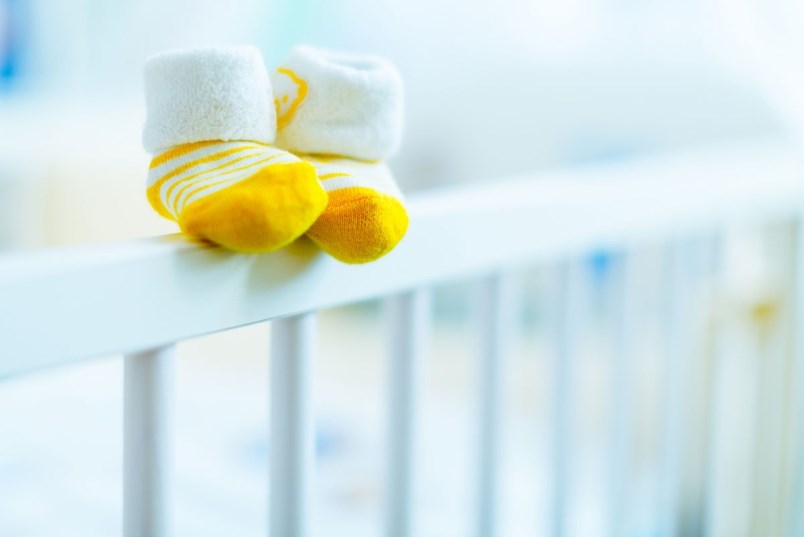When I ran into an old friend the other day, she asked me how old my youngest child was now. When I told her, she seemed confused and then said, “Oh sorry, I thought she was the same age as my youngest, but I forgot that you miscarried that pregnancy.”
At first, the reminder hit me like a slap in the face.
For years, it had felt as though I would never forget the moment when I went for my 16-week ultrasound with my third pregnancy, only to be told that there was no heartbeat.
Until only a few months ago, one of my children would casually mention “the baby that died in my belly” in conversation, causing me to smile back at them, calmly, while choking back tears.
Every once in a while, I would come across a post on social media that referenced a “rainbow baby” (baby born after a miscarriage), and my heart would break a little, remembering the baby that I had carried, whose face I never got to see, and how difficult it had been for me to accept my following pregnancy - worried that I might lose a baby again.
At that moment, when my friend brought up my pregnancy loss, I realized that the pain, heartbreak and incredible sense of loss that I had once felt so deeply, had actually diminished.
I had stopped mourning the loss of the baby who hadn’t made it past four months. I had stopped waking up in the middle of the night in a cold sweat, after reliving that dreadful day at the ultrasound appointment in a dream. I felt a bit - relieved.
But my shock when hearing those words uttered aloud was also an important reminder - a reminder that we need to talk openly about miscarriage. Both women and men who have experienced pregnancy loss.
On average, 20 to 25 per cent of pregnancies end in miscarriage, yet we rarely hear about it.
When I found out about my pregnancy loss, I didn’t just feel devastated, I felt ashamed. I had told everyone about the pregnancy. I had chosen names.
I hadn’t been aware of the stats. I hadn’t known about the physical pain, the surgery that it would require, or the lasting scars - both physically and emotionally that I would be left with after the loss. I also didn’t know how many people were able to have healthy pregnancies following a miscarriage.
I wrote openly about my experience only a few days after it happened. It was my way to grieve. I wanted to share my story with others to let them know that they were not alone, and I wanted to remember how I had felt in that moment. I thought it was important to not only document my feelings, but to share them with others. And the best thing that came out of sharing my story, was the many readers - friends, family members, acquaintances, coworkers, strangers - who had been through the same thing. Learning that it was common, that I wasn’t alone in my pain, helped me to heal in a very big way.
It seems taboo to talk about pregnancy loss, but the more we share openly, the more we can possibly help others to do the same. And perhaps they too, will one day heal.
Bianca Bujan is a mom of three, writer, editor, and marketing consultant. Find her on Twitter @biancabujan and Instagram @bitsofbee.



